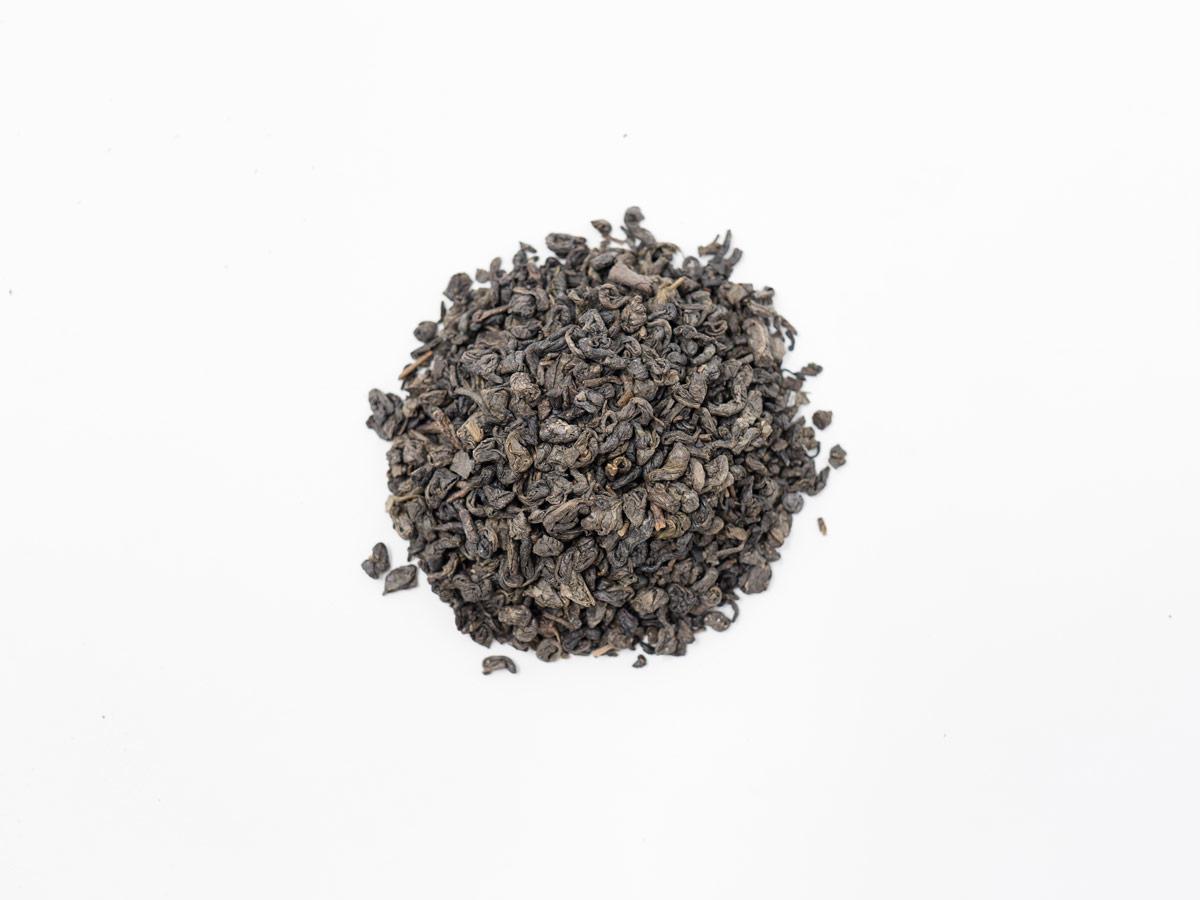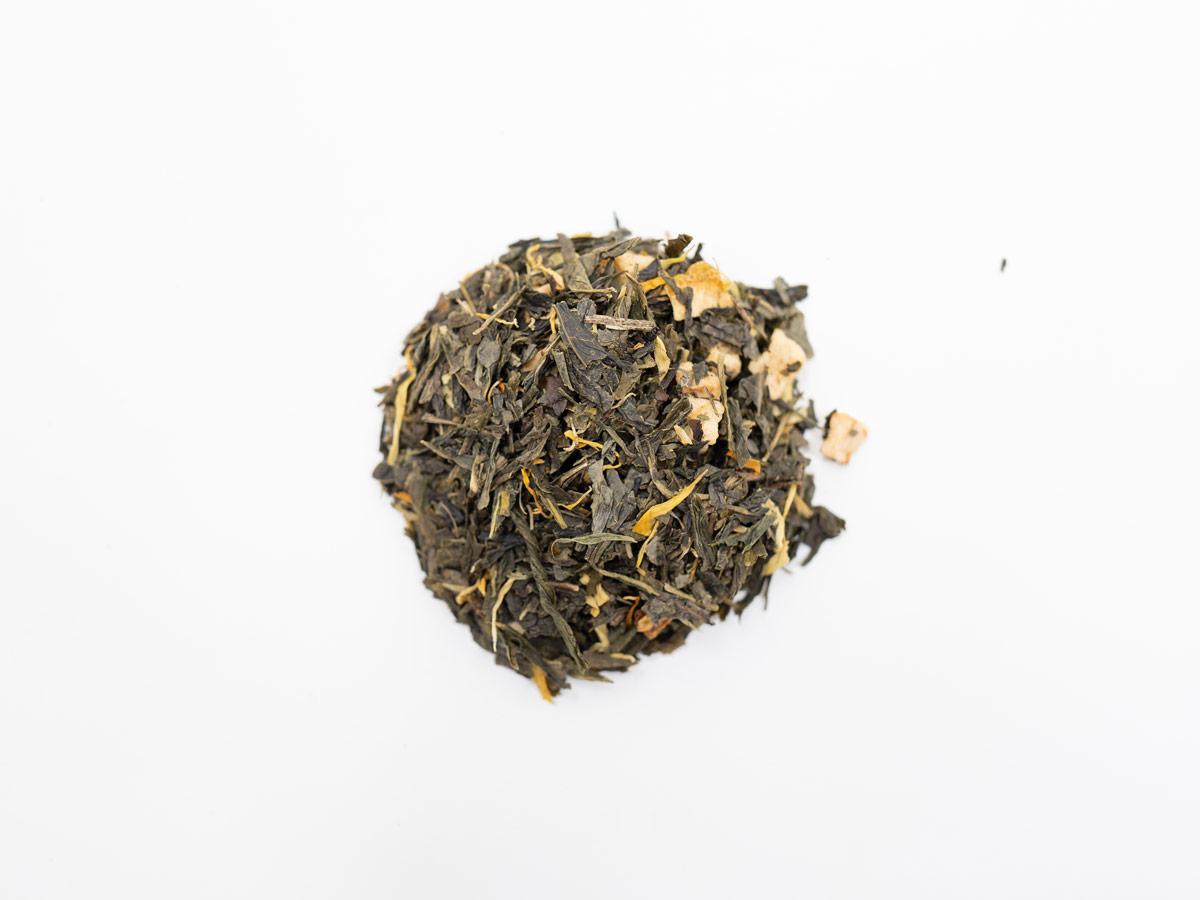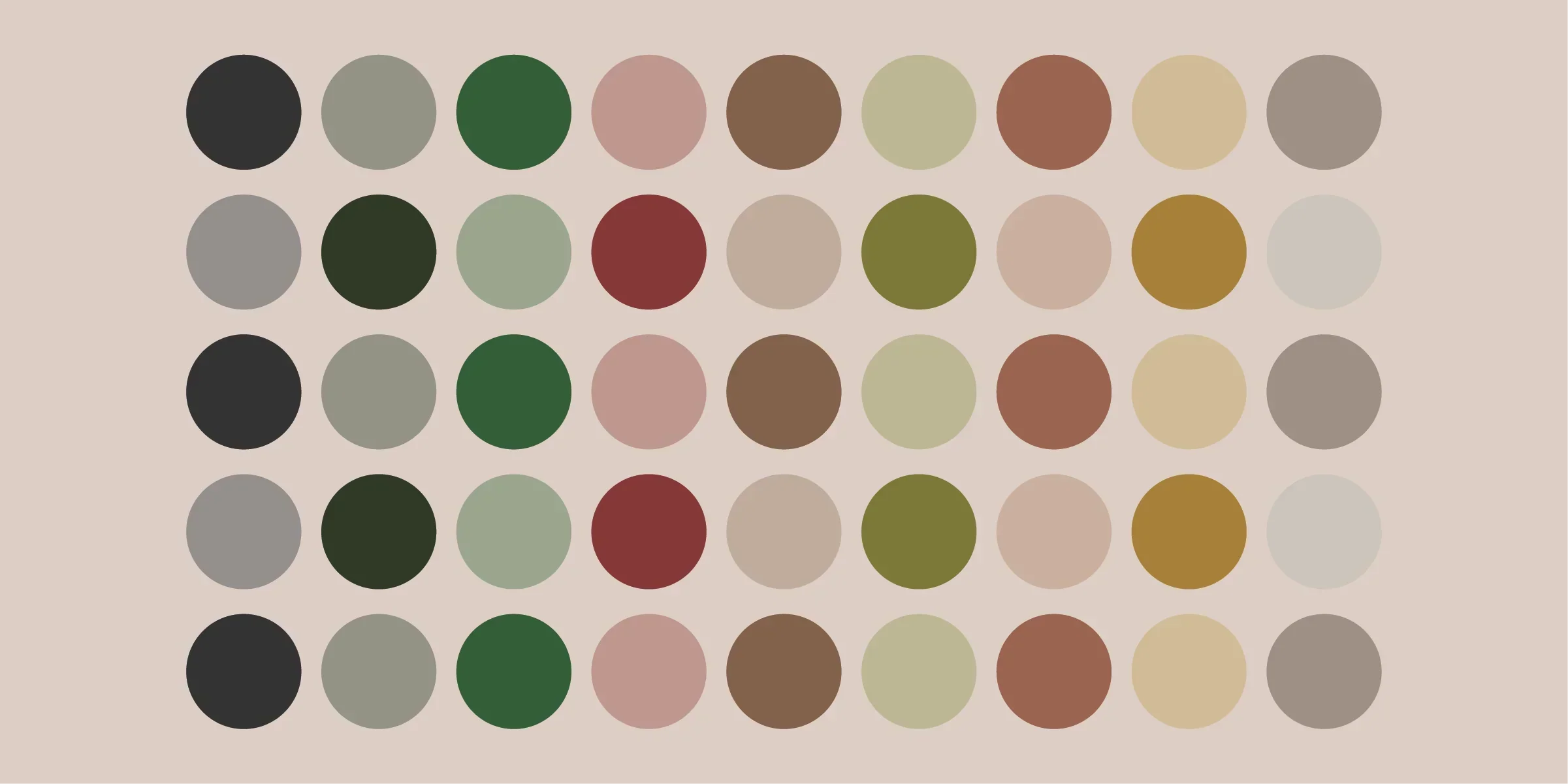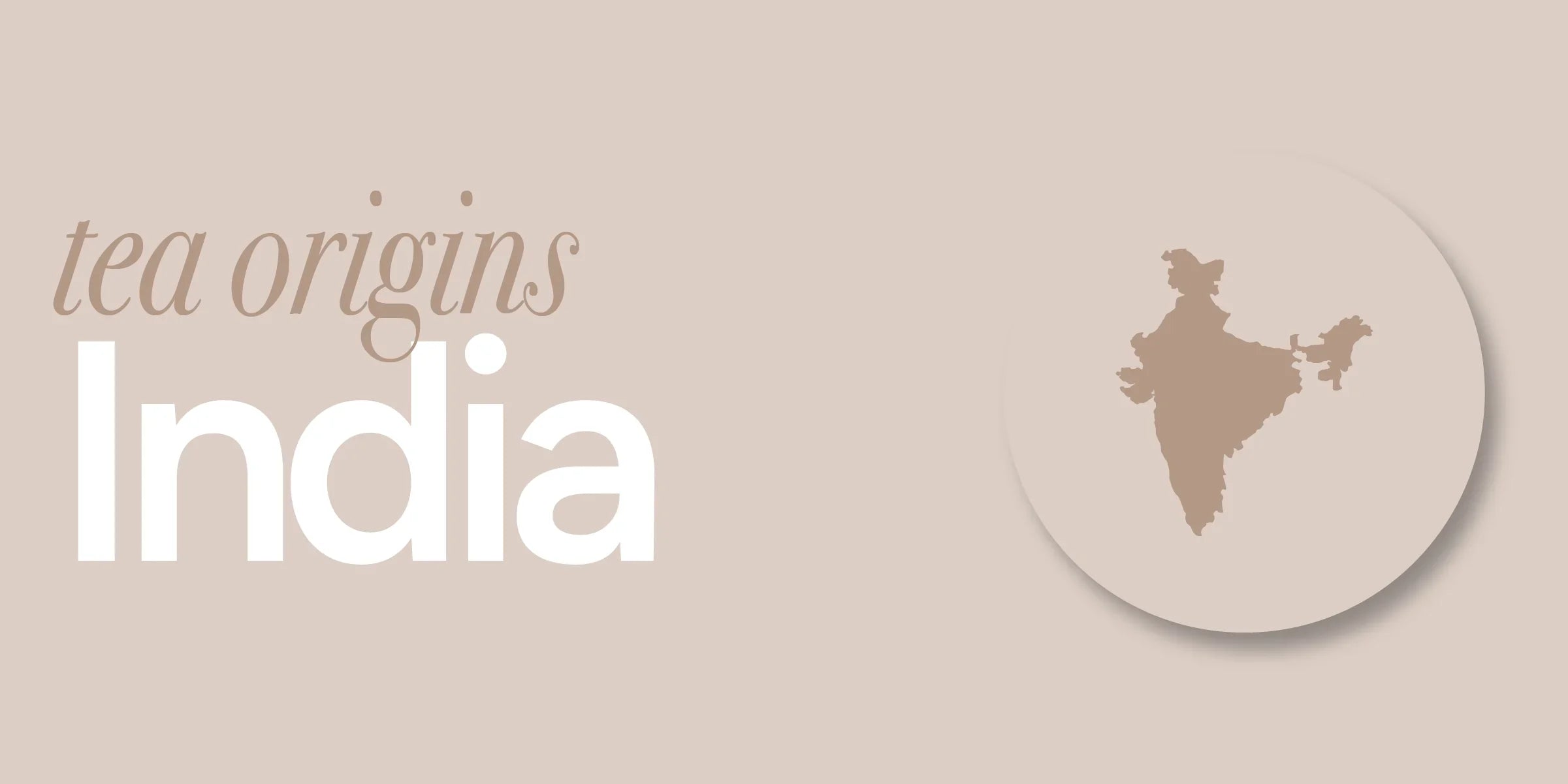Today we tackle one of the great debates for tea lovers. Does caffeine dehydrate your body? This question has been around for as long as scientists have studied the effects of caffeine. The primary reason caffeine has traditionally been named a culprit for dehydration dates back to a 1928 study that claimed people who drank tea went to the bathroom more often than those who did not. Caffeine was pegged as the reason people lost water due to bathroom trips, and that reputation has continued through the decades.
Sixty percent of the body is made up of water, and the required fluid intake can vary among individuals based on their activity levels and environmental climate. Caffeine is water-soluble, meaning it is only released when it is in contact with water. There is only so much caffeine available to extract, and the amount can vary based on the type of tea leaf brewed. When you drink a caffeinated beverage, the caffeine enters the bloodstream through the mouth, throat, and stomach lining, eventually reaching the liver. The contents in your stomach, or lack thereof, can account for how caffeine affects the body. The absorption of caffeine takes about 45 minutes, and the effects can last up to three hours. The caffeine within tea, not the tea leaves themselves, is a mild diuretic and can cause the body to release extra sodium and more water for the body through urine.
It would be entirely logical to think that the body losing liquid means you could become dehydrated. Dr. Daniel Vigil, a professor from the David Geffen School of Medicine at the University of California, explains why this reasoning is false: “When you drink a cup of coffee, or you drink a glass of iced tea, you are necessarily taking in a volume of fluid along with that dose of [caffeine],” Vigil says. He believes the body will absorb the needed fluid and release the rest. Whether it is a cup of coffee or tea, it could and should count towards the recommended goal of eight cups of water per day.
Ongoing research into the effects of caffeine and tea has produced more results. A 2016 study tested the effects of a caffeine pill versus a placebo over several days. When comparing multiple dehydration measurements in both groups, the study concluded that caffeine did not impact the hydration of the individuals involved.
So why does it feel like drinking tea makes us go to the bathroom more than when we’re not drinking it? The answer is simple. More liquid in the body means more trips to the bathroom! If you replaced every cup of tea you drink with a cup of water, juice, or other liquid, you would have to go to the bathroom just as much.
Caffeine affects people differently due to the various genotypes that regulate the body’s capability to metabolize caffeine. Those who regularly consume tea will be able to build a tolerance to the diuretic qualities of caffeine, and the effects can deplete over time. If you continue to drink caffeinated beverages and still find yourself exposed to headaches or other symptoms, it is not dehydration you are experiencing. Even though the research shows that caffeine will not dehydrate you, and I am pleased with those findings, I believe that common sense and personal experimentation need to take place to determine what level of caffeine consumption benefits you and the health of your body. At the end of the day, H2O is always the way to go, and caffeinated beverages should not be the primary option for staying hydrated, especially if you do not drink them regularly.



















